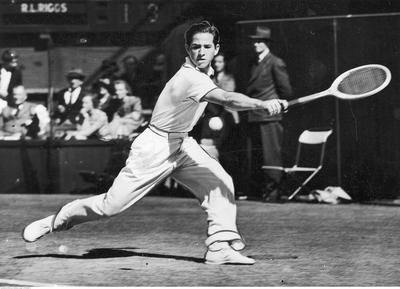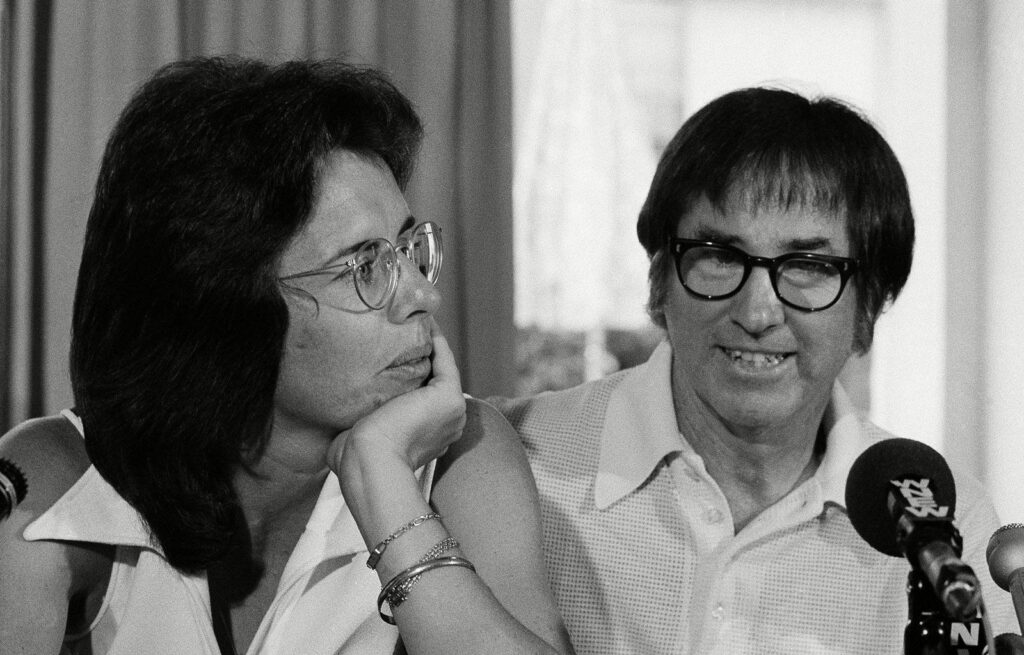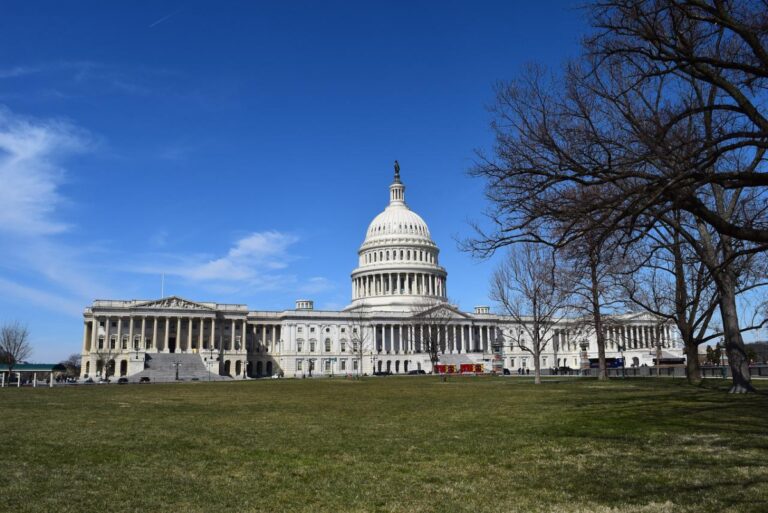Fifty-One Years Ago Today, It Was King vs. Riggs for Gender Supremacy
The “Battle of the Sexes” tennis match between Billie Jean King and Bobby Riggs — which took place on September 20, 1973 — is a notable moment in sports history that transcended athletics and became a symbol of the ongoing struggle for gender equality. This iconic event captivated the nation and sparked conversations about sexism, feminism and the power dynamics between men and women. Let’s delve into the details.

Photo By Lynn Gilbert – Own work, CC BY-SA 4.0,
https://commons.wikimedia.org/w/index.php?curid=51679645
Women’s Tennis Gets Noticed
In the early 1970s, women’s tennis was gaining popularity, thanks in large part to trailblazing players like Billie Jean King. King was a fierce competitor and a vocal advocate for gender equality in sports. On the other hand, Bobby Riggs was a former men’s tennis champion known for his flamboyant personality and controversial statements about women’s tennis.
An Old-Fashioned Chauvinist
Riggs — who was 55 at the time — loudly and publicly challenged Billie Jean King — then 29 years old and at the peak of her career — to a highly publicized “Battle of the Sexes” match.

Photographer Unknown — Public Domain,
https://commons.wikimedia.org/w/index.php?curid=63030673
Riggs claimed that even at his advanced age, he could defeat any of the top women players. The match was set for September 20, 1973, at the Houston Astrodome. It quickly became a media sensation.
Cultural Significance
The “Battle of the Sexes” match was not just about tennis; it was a cultural moment that highlighted the broader societal issues around gender equality and women’s rights. For Billie Jean King, this match was more than just a sporting event – it was both an opportunity to prove that women could compete on an equal footing with men, and to shatter the stereotypes and prejudices that held them back.

Billie Jean Carries the Day
When the day of the match arrived, a record-breaking crowd of over 30,000 spectators filled the Astrodome. Millions more watched on television.
The pressure was immense, but King remained focused and determined. From the start, it was clear that King was in top form, moving swiftly across the court and delivering powerful shots with precision and skill. Riggs, on the other hand, struggled to keep up with King’s pace and agility.
As the match progressed, it became evident that King was dominating the game. Her confidence and strategic play outmatched Riggs at every turn. In a stunning display of talent and tenacity, Billie Jean King defeated Bobby Riggs in straight sets, with a final score of 6-4, 6-3, 6-3. The victory was not just a personal triumph for King but a symbolic victory for women everywhere.
Impact and Legacy
The impact of the “Battle of the Sexes” match reverberated far beyond the world of tennis. It sparked important conversations about gender equality, women’s rights and the pervasive sexism in sports and society at large. King’s victory was a powerful statement that women deserve respect, recognition and equal opportunities in all aspects of life.
In the years following the match, Billie Jean King continued to be a trailblazer for women’s sports and a leading advocate for gender equality. Her legacy as a champion on and off the court endures to this day, inspiring future generations of athletes and activists to fight for a more equitable world.
* * * * * * * * * * * * * * *
So there you have it. The “Battle of the Sexes” match between Billie Jean King and Bobby Riggs was an important moment in the history of sports and feminism. It was a battle not just for victory on the tennis court but for equality and respect for women everywhere. As we reflect on Ms. King’s victory 51 years later, we are reminded of the power of courage, determination, and perseverance in the face of adversity — regardless of gender.
By Steven Roberts



